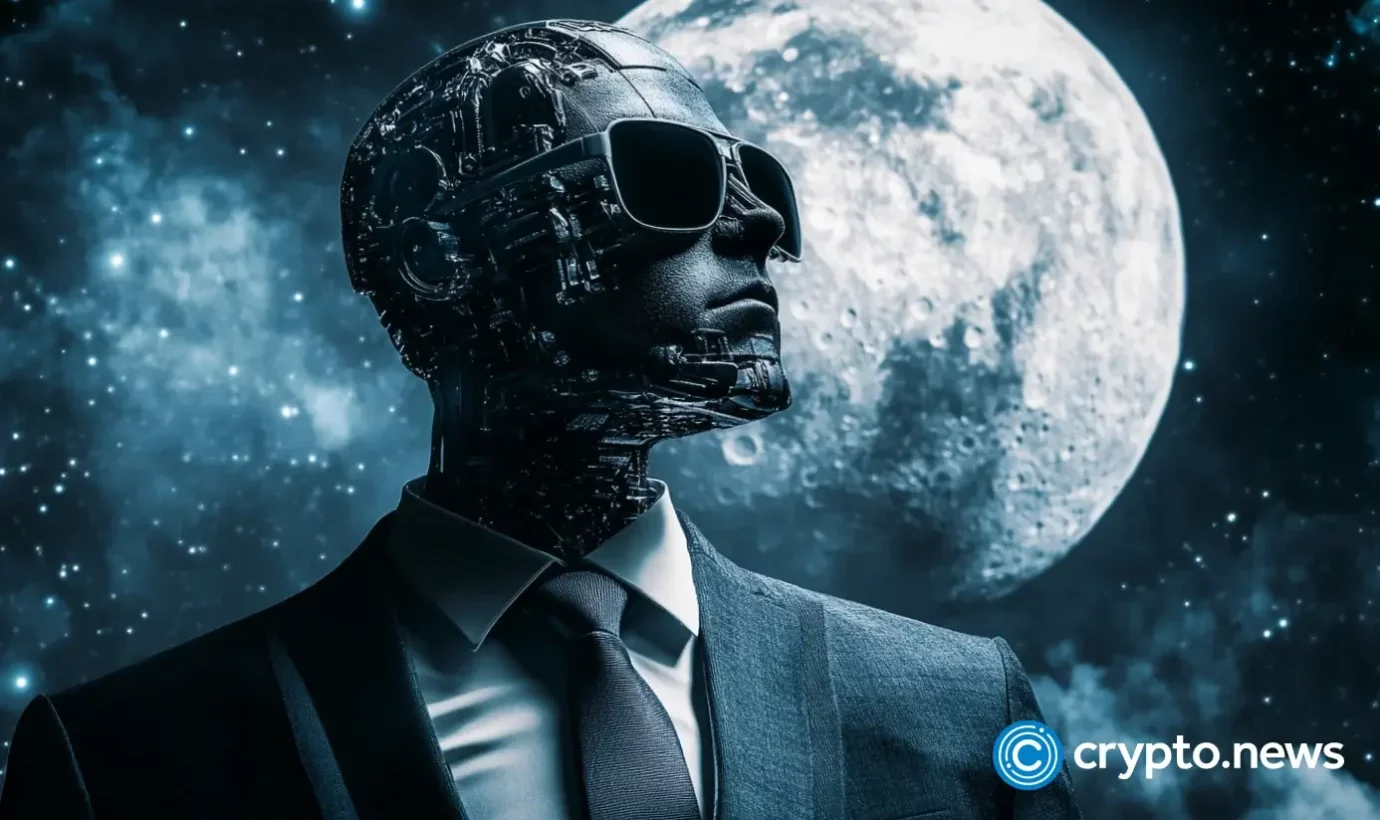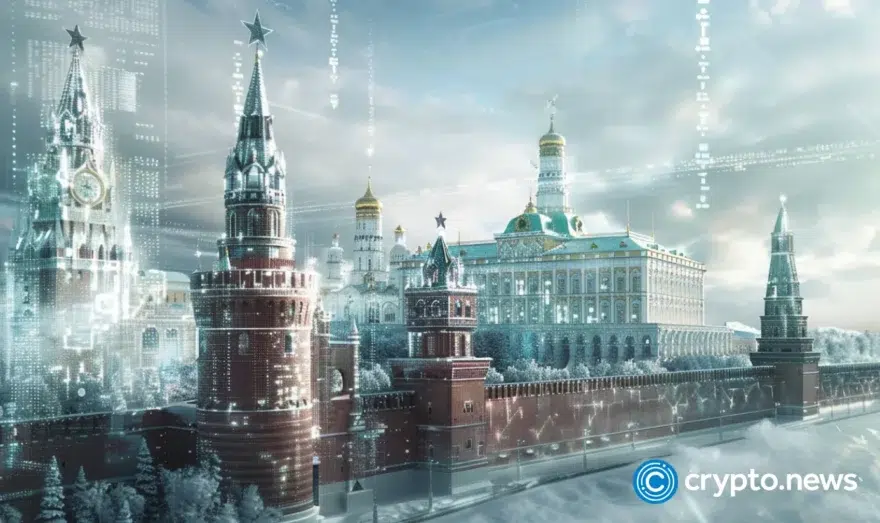AI agents: The key to blockchain’s future or its biggest risk? | Opinion

Disclosure: The views and opinions expressed here belong solely to the author and do not represent the views and opinions of crypto.news’ editorial.
AI agents are emerging as powerful tools in the web3 space, offering the potential to automate complex tasks, analyze vast data sets in the blink of an eye, and transform how users interact with blockchain ecosystems. By enhancing efficiency and accessibility, these agents are reshaping decentralized systems and empowering individuals to engage with blockchain technology—once seen as too technical and inaccessible for many.
With AI projected to add $15.7 trillion to the global economy by 2030, its influence on industries like decentralized finance is impossible to ignore. But with these advancements come critical questions: How do we ensure that AI agents remain accountable? Can they truly operate autonomously, and if so, to what extent should they be allowed to? As blockchain and AI converge, striking the right balance between innovation and oversight will be the key to determining whether this evolution drives progress or creates new vulnerabilities.
Simplifying blockchain adoption with AI agents
Building on this convergence of AI and blockchain, AI agents are already reshaping the way decentralized ecosystems function. In decentralized finance, for instance, these agents are automating complex tasks like liquidity management and yield optimization, driving smarter decision-making and unprecedented efficiency. Platforms like Fetch.ai are taking this innovation further, using AI to streamline logistics and simplify workflows, turning blockchain’s steep learning curve into an intuitive experience. These agents don’t just enhance systems—they act as “Intuitive Guides,” helping users navigate blockchain’s complexities and making it accessible to a much wider audience.
This isn’t just a technological leap; it’s an economic one, too. With AI projected to contribute a staggering $15.7 trillion to the global economy by 2030, more than the combined output of India and China, its integration into blockchain has fundamentally changed how this technology operates. What was once a domain reserved for tech enthusiasts is now evolving into something practical, inclusive, and scalable. By lowering the barriers to entry, AI agents are transforming blockchain into a tool for everyone, setting the stage for a decentralized future that is both innovative and accessible.
Potential guardians of blockchain security?
AI agents are emerging as potential sentinels of blockchain security, capable of identifying fraud and anomalies with unmatched speed and precision. Valued at around $10 billion, the crypto AI agent market is rapidly growing, and these agents are proving indispensable in safeguarding decentralized ecosystems. Operating autonomously, they can monitor transactions 24/7, analyze massive datasets, and detect threats in real-time—tasks that would overwhelm even the most skilled human teams. Beyond security, their ability to assess sentiment, trading patterns, and market conditions makes them invaluable for both trading and reinforcing blockchain security on a broader scale.
However, this immense potential comes with significant risks. AI agents are only as trustworthy as the data they’re trained on, and adversarial attacks where malicious data corrupts their behavior—highlight the vulnerabilities they face. Without robust safeguards, these agents could inadvertently become tools for exploitation. To harness their capabilities effectively, it’s essential to implement rigorous algorithms, continuous monitoring, and regular system updates. By combining advanced AI with human oversight, we can ensure these agents not only strengthen blockchain security but also uphold the transparency and trust that decentralized ecosystems depend on.
Balancing autonomy and accountability
While AI agents hold immense promise, their effectiveness hinges on striking the right balance between autonomy and accountability. Without proper oversight, even the most advanced AI agents are vulnerable to producing flawed or biased outcomes, especially if trained on poor-quality data. Research reveals that 85% of AI systems fail due to subpar data quality, underscoring the urgent need for regular audits, transparent algorithms, and robust safeguards. In decentralized ecosystems, where transparency and accountability form the bedrock, the reliability of AI agents becomes even more critical.
Poor data quality doesn’t just hinder the performance of AI agents—it poses a direct threat to the trust and transparency that decentralized systems depend on. For blockchain to maintain its promise of fairness and integrity, human oversight must remain a key component of AI integration. This means ensuring that AI systems are built on solid, unbiased data and that their processes are continuously monitored to prevent misuse or unintended consequences. By maintaining this balance, we can harness the efficiency of AI agents while safeguarding the ethical foundations that make decentralized ecosystems revolutionary.
The future of AI agents in blockchain
AI agents hold the power to redefine blockchain’s foundations, introducing unprecedented levels of efficiency, enhanced user engagement, and strengthened security. But their transformative potential hinges on our ability to strike a delicate balance between autonomy and accountability.
As we navigate this technological evolution, the focus must remain on building systems that not only push boundaries but also protect the foundational principles of transparency and trust. By doing so, we can ensure AI agents empower users while paving the way for a future where blockchain is truly accessible, secure, and inclusive.















